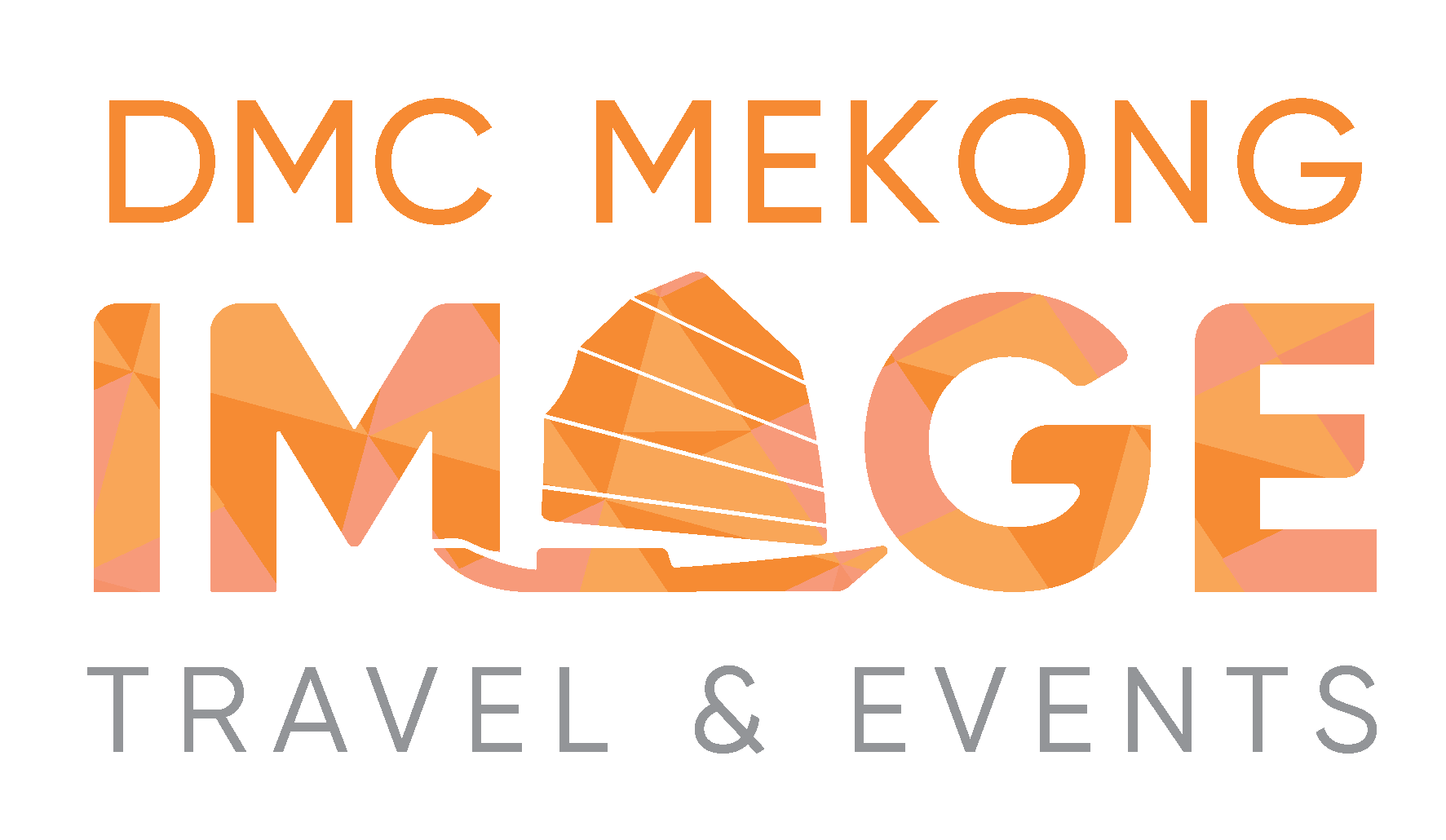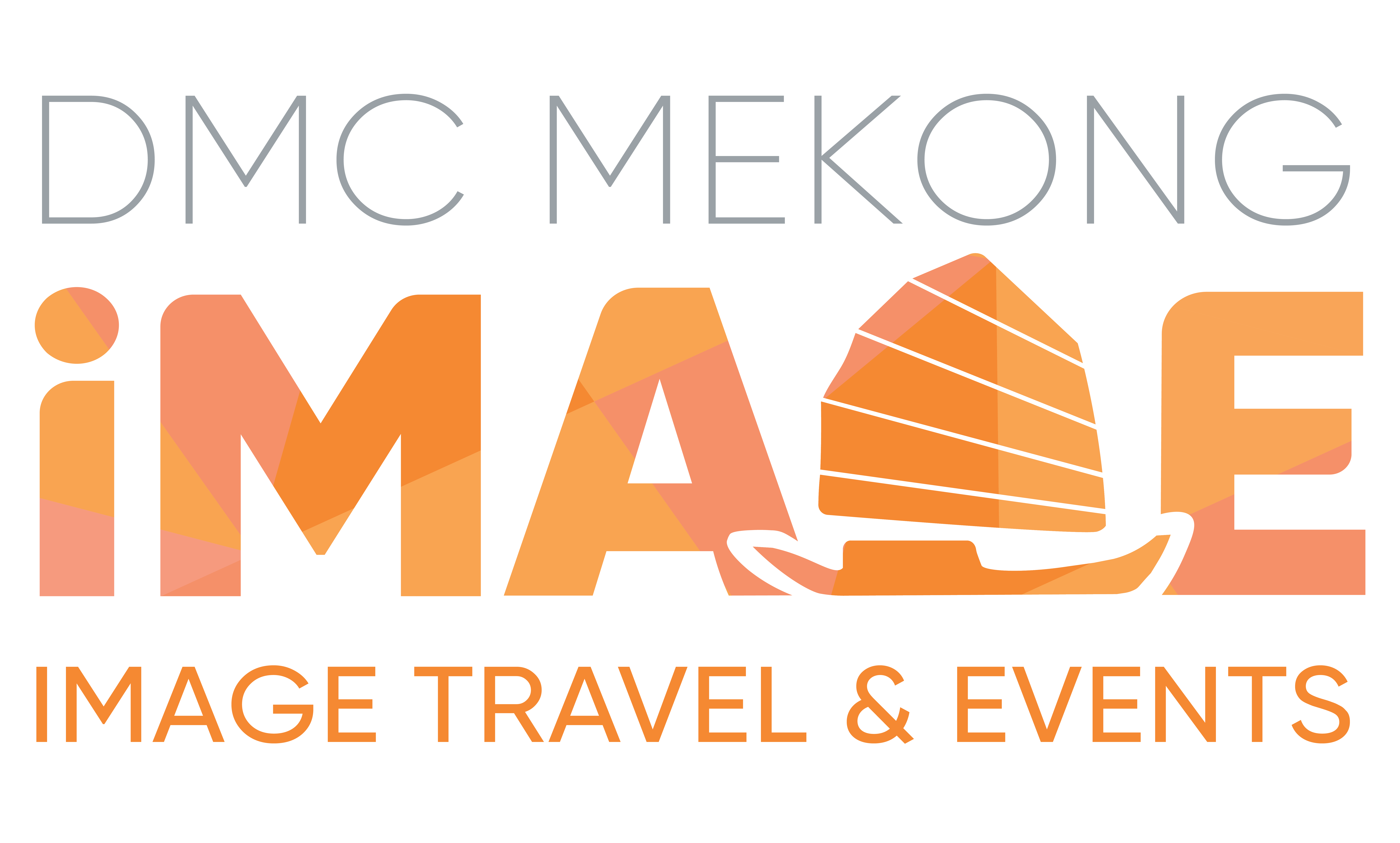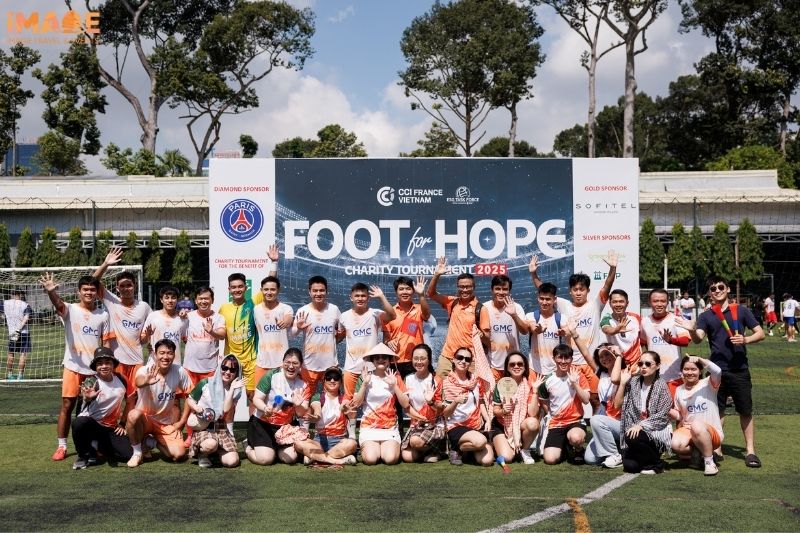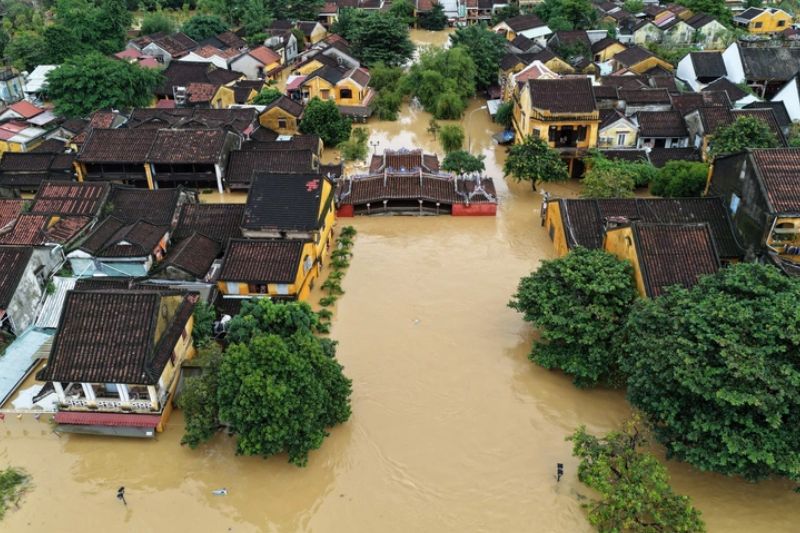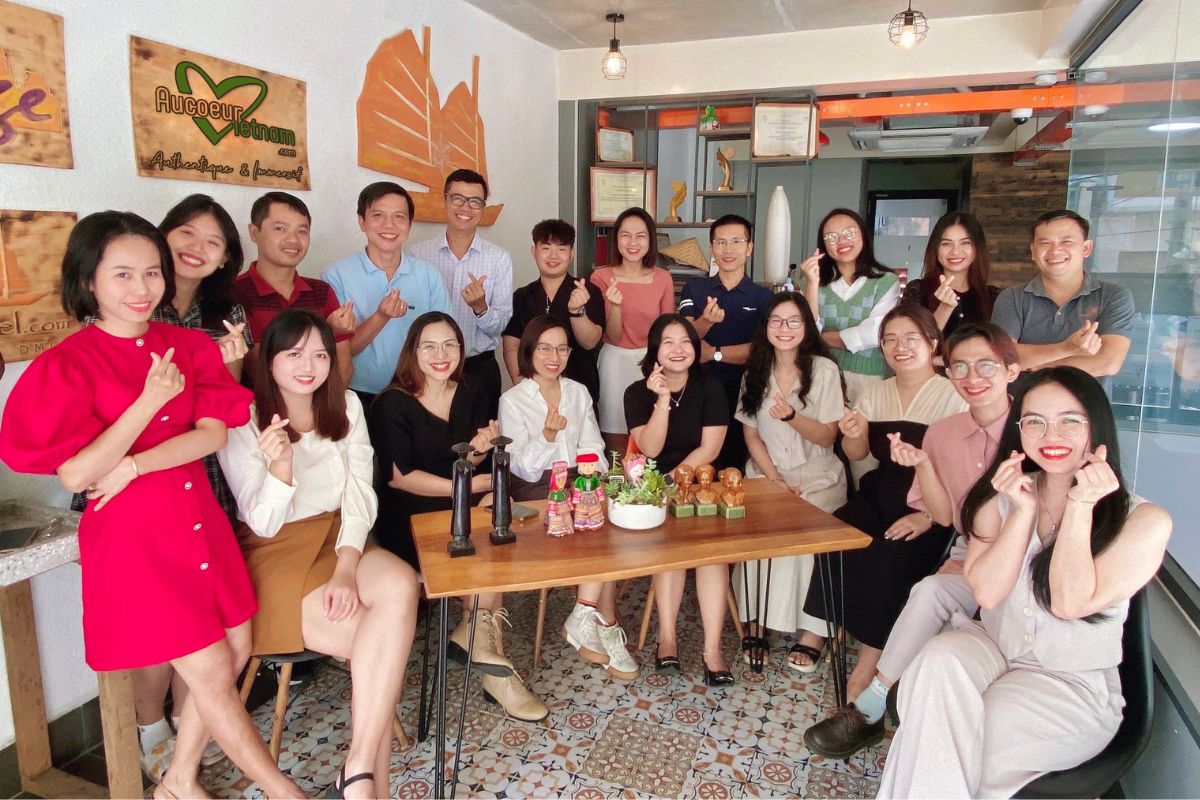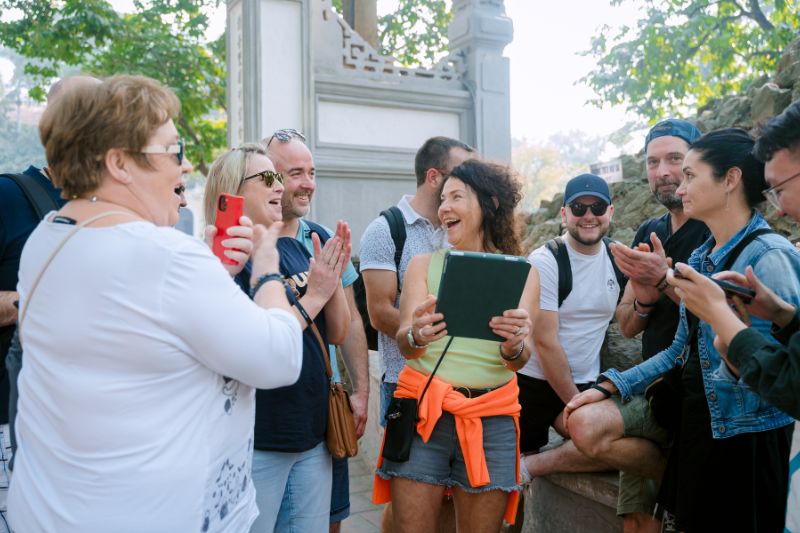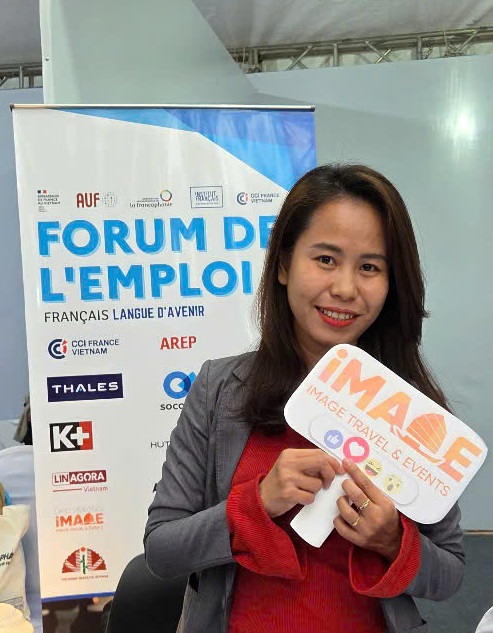
Rare languages challenge DMCs in Vietnam due to staffing
Vietnam is a country renowned for the fusion of its diverse culture, ethnic groups with their unique characteristics, breathtaking natural landscapes, and rich, varied cuisine, alongside a long history. It is increasingly becoming an incredibly attractive destination, drawing large numbers of tourists from around the world, particularly from European countries like France, Spain, Germany, and Italy. The strong development of the tourism industry has led to a growing demand for a workforce proficient in multiple languages, especially rare languages.
Table of Contents
ToggleThe shortage of labor proficient in rare languages in Vietnam
The years 2018 and 2019 were the peak of tourism in Vietnam, with international arrivals reaching a record high of over 18 million visitors in 2019, according to the Vietnam National Authority of Tourism.
The COVID-19 pandemic hit like a storm, delivering a severe blow to Vietnam’s tourism sector, almost paralyzing tourism activities. However, with a strong recovery, the tourism industry began to bounce back after the pandemic eased. By the end of 2024 and early 2025, the number of international tourists had nearly reached pre-COVID levels, marking the vibrant return of the tourism market. In particular, international flights had been almost fully restored, opening up many new development opportunities.
It is important to highlight that, starting from July 1, 2025, Vietnam Airlines will begin operating the direct Hanoi-Milan (Italy) route, marking a significant milestone as it will be the first time Vietnam has a direct flight to Italy. This will not only make travel easier for tourists but also promises to provide a strong boost to the flow of European tourists to Vietnam in the near future.
Especially during the high-demand months for French and Italian tourists, such as March, April, October, and November, or for Spanish tourists in April, July, and August, many local travel agencies find themselves in a manpower crisis, as they cannot find enough tour guides, let alone expert ones.
Responses of tourism companies in Vietnam
Although the government of Vietnam has collaborated with foreign cultural institutions to implement various campaigns aimed at encouraging young people to learn rare languages and fostering their interest in the tourism sector, the reality is that the supply of human resources continues to fall short of the growing market demand.
During the high season, numerous tourism companies post job offers on forums and Facebook groups, offering to pay allowances up to 50% or even double the usual rate. To ensure the availability of tour guides, many companies are forced to absorb losses and cover the costs of flight tickets to transfer guides from the north to the south of the country or vice versa. This measure is rarely applied in the case of smaller groups, which usually rely on local guides.
Faced with the pressure of insufficient supply compared to demand, travel agencies are forced to find temporary and flexible solutions to maintain service quality and meet market needs. For small groups that can communicate in English, many companies choose to replace rare language guides with English-speaking guides.
Some agencies actively seek the support of students of French, Spanish, Italian, or German to act as interpreters alongside local guides. During peak periods, when staff shortages worsen, many companies also resort to language teachers or anyone with a strong command of foreign languages, even if they do not hold an official tour guide license, to ensure that the traveler’s experience is not compromised.
Mr. Nguyễn Huy Hoàng, tourism consultant specializing in hosting Spanish-speaking travelers at IMAGE Travel & Events, shares: “July and August are peak season, but they coincide with the holiday period for Cuban students in Vietnam, so we take advantage of this resource to support our operations.”
However, it is important to note that the Vietnam National Administration of Tourism sets fairly strict regulations for the issuance of licenses for international tour guides.
According to Article 13 of Circular 06/2017/TT-BVHTTDL and Section 10 of Article 1 of Circular 13/2019/TT-BVHTTDL, the requirements regarding language proficiency for obtaining an international tour guide license in Vietnam are as follows.
A person who wishes to work as an international tour guide and has a good knowledge of a foreign language must meet at least one of the following criteria:
- Have a higher education degree (at least a technical diploma) in a foreign language.
- Hold a higher education degree in a program taught in a foreign language.
- Have obtained a higher education degree abroad.
- Hold a foreign language proficiency certificate at level 4 or higher according to the 6-level Foreign Language Proficiency Framework of Vietnam, or a recognized language certificate as per Annex I of Circular 06/2017/TT-BVHTTDL, still in effect and issued by an authorized institution or organization
The degrees, certificates, and documents issued by foreign institutions must be recognized in accordance with the regulations established by the Ministry of Education and Training and the Ministry of Labor, War Invalids, and Social Affairs of Vietnam.
IMAGE Travel & Events and its journey in search of talents who speak rare languages
However, the temporary solutions mentioned earlier can only be sustained in the short term. To ensure a sustainable workforce in the future, companies must consider long-term strategies, especially now that international flights have been restored and the number of foreign tourists continues to increase significantly.
In this context, instead of passively waiting for the right personnel to arrive on their own, some local travel agencies have taken the initiative to develop their own workforce, investing in training and attracting potential talents from now on.

The representative of DMC Mekong IMAGE Travel & Events
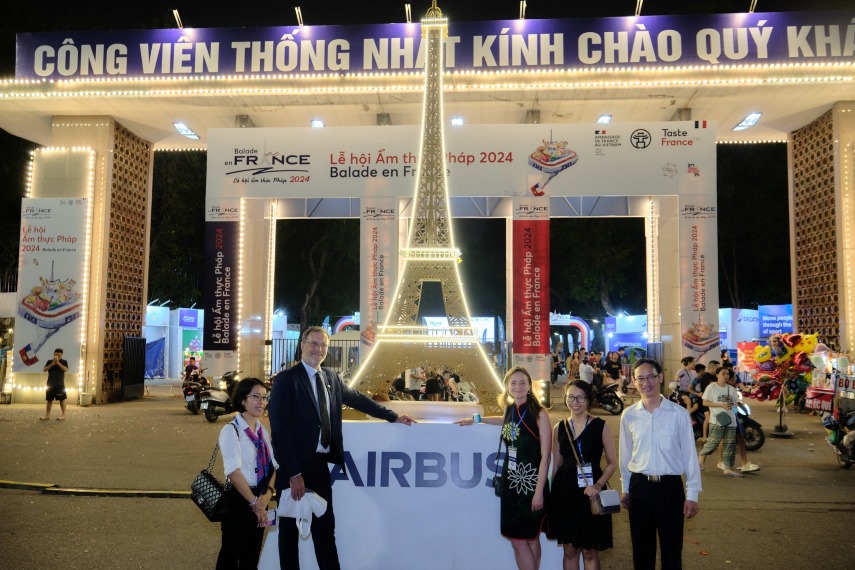
he beautiful moments at BEFF 2025. The shortage of labor speaking rare languages in Vietnam
In Southern Vietnam, DMC Mekong IMAGE Travel & Events has taken the initiative to search for and attract candidates proficient in less common languages through creative methods.
Not only does it create opportunities for many students to intern and participate in annual professional tours, sponsor competitions such as Le Jeune Reporter of Le Courrier du Vietnam newspaper and the French speech contest, but since 2020, DMC Mekong IMAGE Travel & Events has also closely collaborated with universities such as the Faculty of Tourism at Ho Chi Minh City Pedagogical University and the Faculty of Tourism at Van Lang University to provide direct training on campus, offering students not only theoretical knowledge but also practical skills from a business environment.
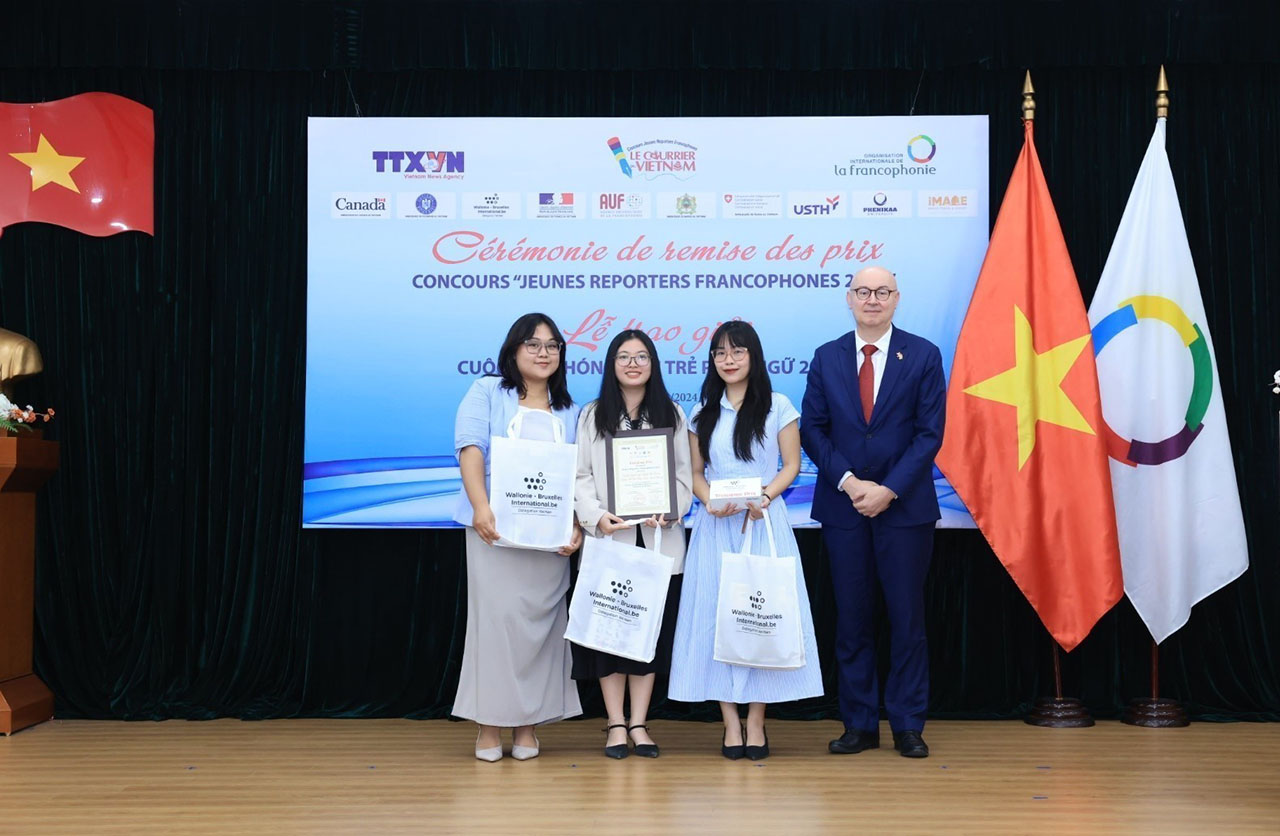
The head of the Wallonie-Bruxelles Delegation in Vietnam, Pierre Du Ville, awarded the third prize to the group of contestants on November 7
In addition to its training initiatives, DMC Mekong IMAGE Travel & Events also leads the increase in daily allowances for tour guides, with the aim of improving the quality of tours, attracting more qualified professionals, and motivating students to pursue a career with an appealing income level.
In particular, since 2024, the company has launched free training courses for French-speaking tour guides and introductory Italian lessons, aiming to help young tourism enthusiasts improve their language skills and meet the growing demand from international travelers. These concrete and strategic actions contribute to the development of highly skilled talent and the sustainability of the tourism sector in Vietnam.
The last words,
Although the shortage of professionals with knowledge of rare languages remains a major challenge for Vietnam’s tourism industry, the efforts of local DMCs, such as Mekong IMAGE Travel & Events, have demonstrated a positive approach for the long-term sustainable development of talent.
The initiative to actively collaborate with universities, offer free training, and attract talent from the early stages not only helps alleviate current difficulties but also lays a solid foundation for the sustainable growth of the sector.
In a context where Vietnam is attracting an increasing number of international tourists, especially from European countries, investing in highly skilled human resources with diverse language skills will be a key factor in maintaining the competitive edge and enhancing Vietnam’s positioning on the global tourism map.
Phuong Ha – Dang Khoa
